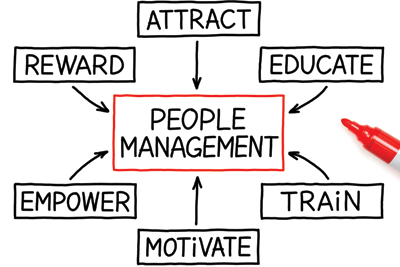There was an article in The New York Times a few months ago about Adam Grant, the youngest-tenured and highest-rated professor at the Wharton School. Grant, one of the most prolific academics in his field of organizational psychology, is also an adviser to companies such as Google on how to get the most out of their employees and in turn, help their employees get the most out of their jobs.
In his recent book on the topic, he argues that the greatest untapped source of motivation is a a sense of service to others. He believes that focusing on the contribution of our work to other people’s lives has the potential to make us more productive than thinking about helping ourselves.
During his undergraduate years at Harvard, Grant tested his theories by proposing a simple, low-cost experiment at the call center where he worked. Given that one of the center’s primary purposes was funding scholarships, Grant brought in a student who had benefited from that fund-raising. The call center workers took a 10-minute break as the young man told them about how much the scholarship had changed his life and how excited he now was to work as a teacher as a result of that scholarship.
The results were significant. A month after hearing the young man’s story, the workers were spending 142 percent more time on the phone and bringing in 171 percent more revenue. In a subsequent study, revenues soared by more than 400 percent!
In the health care arena, this theory could also be used as a best practice. By making sure that our practice staff members understand how their jobs directly impact their patients’ health, maybe we can increase productivity as well as patient satisfaction.
We invite you to click here to review the original article in its entirety. Then, be sure to come back and let us know what ideas you might be incorporating into your own practice to motivate staff!

